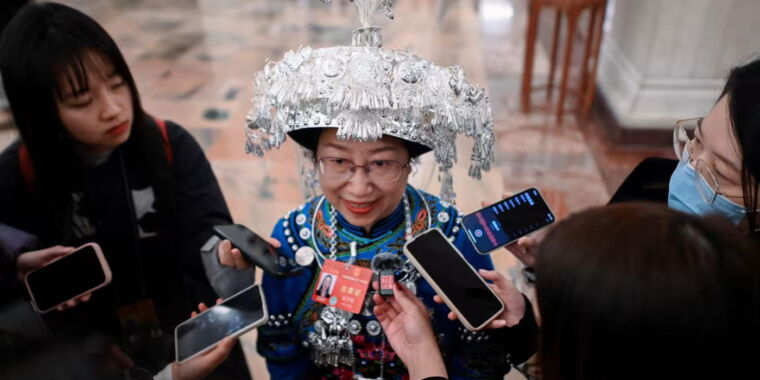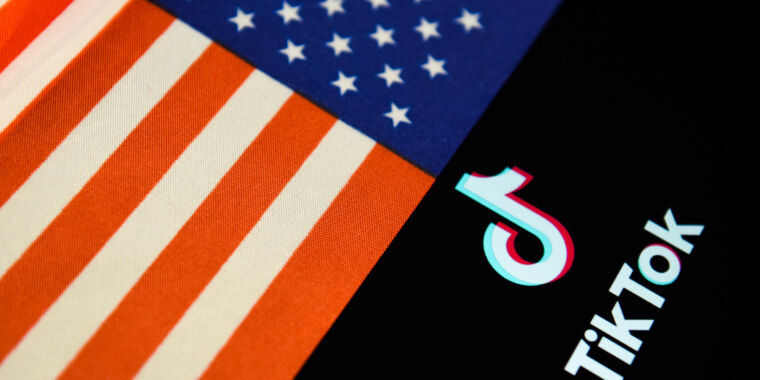Apple and Tesla Facing Challenges in China
Apple and Tesla, two of the largest US consumer companies in China, are encountering difficulties as domestic competitors gain traction and patriotic sentiments influence consumer decisions. Recent reports of declining market share and sales figures highlight the growing competition and the impact of US-China geopolitical tensions on these companies. In response, both firms have resorted to offering discounts to sustain their market appeal.
The transition away from Apple has been particularly notable, driven by a national effort to reduce iPhone usage among state officials and the resurgence of Chinese tech giant Huawei, which successfully launched a domestically-produced smartphone with advanced 5G capabilities despite facing US sanctions. This shift was apparent at China’s annual Communist Party event in Beijing, where many attendees, including nuclear physicists and political delegates, expressed a preference for Chinese smartphone brands over Apple due to concerns about security.
“For people coming here, they encourage us to use domestic phones, because phones like Apple are not safe,” noted Zhan Wenlong, a nuclear physicist and party delegate. “We don’t know if the chips have back doors.”
Meanwhile, Wang Chunru, a member of China’s top political advisory body, highlighted concerns about Apple’s privacy implications and mentioned his use of a Huawei device. Delegate Li Yanfeng also emphasized her trust in domestic brands, stating that using them was a common requirement.
China stands as a significant market for both Apple and Tesla, contributing 19% and 22% of their total revenues, respectively, in their recent fiscal years. The challenges faced by these companies in China have attracted attention from Wall Street, leading to a 9% decrease in Apple’s share price and a 28% drop for Tesla this year, marking them as underperformers among major tech stocks.
Apple and Tesla are not the only foreign companies grappling with China’s growing preference for local brands. Sales of companies like Nike and Adidas have also faced obstacles in regaining pre-pandemic levels. A recent McKinsey report has underscored the rising favoritism toward domestic brands among Chinese consumers, signaling a broader trend impacting foreign businesses operating in the region.
Image/Photo credit: source url





